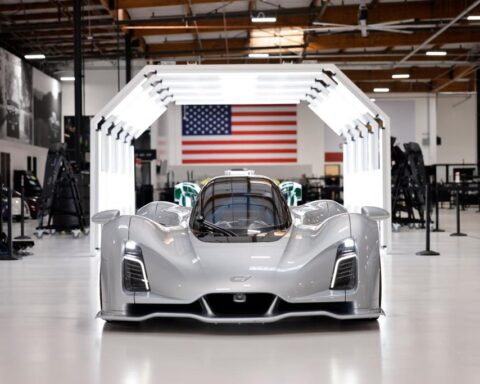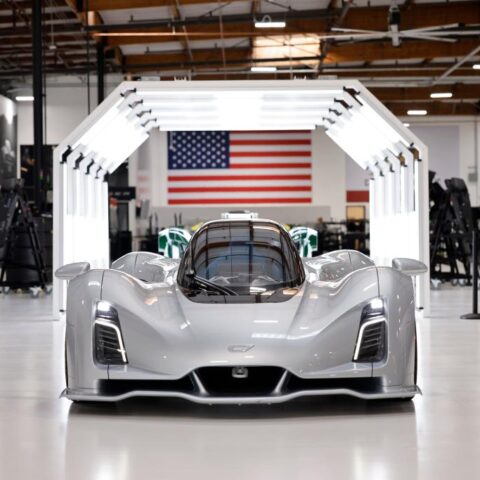Nissan has announced a significant reduction in planned production at its primary Japanese plant this month. The automaker faces declining demand in the U.S. market for its aging vehicle lineup, and this decision also includes a cut in output for its flagship Rogue crossover model.
Production Cut Details:
Nissan plans to produce just under 25,000 vehicles at its Kyushu plant in southwest Japan, representing a one-third reduction from its original production schedule.
Specifically, the company intends to manufacture approximately 10,000 units of the Rogue crossover for export, which is half of the previously planned volume for this popular model.
The decision to scale back production has also impacted the working hours for line workers at the Kyushu plant, who are now working slightly more than seven hours a day instead of the usual eight hours.
Financial Challenges and Market Position:
Nissan recently reported a near-complete wipeout in profit for the April to June quarter and subsequently lowered its full-year outlook.
The company’s financial struggles are largely attributed to the need for deep discounts in Nissan’s largest market, the U.S.
Unlike its rivals, Toyota and Honda, Nissan does not offer hybrid models in the U.S., missing out on the growing demand for hybrids as enthusiasm for electric vehicles (EVs) has cooled.
Inventory and Sales Strategy:
The reduced production comes amid a buildup of 2023 Rogue models in the U.S., which have become harder to sell with the introduction of the 2024 model. Nissan has had to offer aggressive incentives to clear out the remaining 2023 inventory while holding back on aggressively promoting the higher-margin 2024 model.
Nissan’s production cut highlights the automaker’s challenges in adapting to market trends and consumer preferences, particularly in the U.S. market. The company’s focus on clearing old inventory and adjusting production levels underscores the urgent need for a refreshed vehicle lineup and a more competitive market strategy.




















